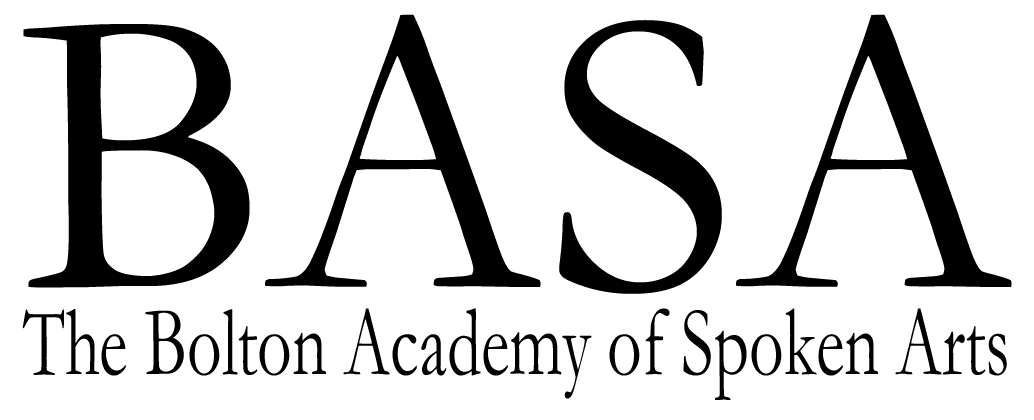Kelly Yang is an Asian American writer who immigrated to Southern California when she was 6 years old. Yang attended UC Berkeley and studied law at Harvard, though she eventually gave up law to pursue her passion of writing and teaching. Her childhood experience working at motels with her parents inspired her book Front Desk, which tells the story of Mia Tung and her parents’ struggles of running a rundown motel. In the book, Mia’s character is reminiscent of Yang, specifically her dedication to writing and fierce opposition to racism. When faced with injustices, Mia is quick-witted and courageous. She often uses her trusty thesaurus and sparkly green pencil to advocate for those who have been silenced - in the form of letters. From Mia, we learn that no matter one’s age or background, only one brave voice can bring about change. If you wish, recount a time that you used your voice and submit a response below on the difference that it made.
Is there an issue you wish to stand up for?
In recognition of National Indigenous History Month, the next four weeks will feature stories written by or about the Indigenous population of Canada. Published in 2020, Highway of Tears - A True Story of Racism, Indifference, and the Pursuit of Justice for Missing and Murdered Indigenous Women and Girls was written by Canadian journalist, Jessica McDiarmid, who investigated the decades of murders and disappearances along Highway 16 in British Columbia that disproportionally affect Indigneous women living in northern BC. Through interviews with the victims' family and friends, McDiarmid not only shares their stories, but frames them within a broader context of the estimated 4000 missing and murdered indigenous women and girls in Canada and the failure of Canada to provide justice for them. Highway of Tears was a finalist for the RBC Taylor Prize for Canadian non-fiction and a finalist for the Hubert Evans Prize for the best non-fiction book written by a British Columbian author. (Content Warning: Mature themes throughout the book).
What has your school or community done to recognize Indigenous history in Canada? What more could be done?
Everyone deserves a voice and a safe place to use it. BASA has been developing voices and providing a safe space to explore them for over 30 years, but it is clear that more is needed. Especially in a time when we can not collaborate and congregate to share our voices and our strength, we need a place to be able to share our hopes, our fear and our frustrations. We hope this will be that space. This is a space for sharing our written work as well as a platform for our voices, promoting the exploration and expression of what makes us come together and what can make us feel alone. This is a place to celebrate our diversity and build strength in the exploration of voice and identity.
We will use this space to share, celebrate, and reflect on works by under-represented voices in literature. These voices will include, and are not limited to, those of Asian, Black, and Indigenous descent, as well as those from LGBTQ2S+ communities. As we celebrate the diversity of our BASA community, it is important to acknowledge the diversity of those in our greater community, and this space is meant to do just that.
This is how it works: read the written piece below. Then, we invite you to share your thoughts in a written response using the form at the bottom of this page. We will publish a small number of responses, and there will be a brand-new prompt every week.

